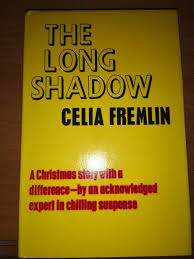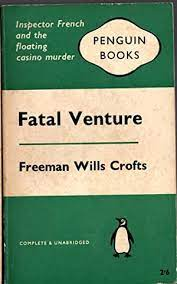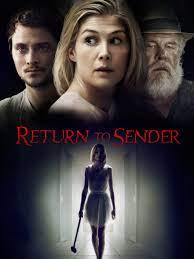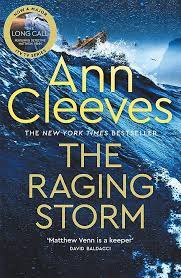I was very sorry to learn a few days ago that Marv Lachman, the highly respected American author and commentator on crime fiction, has died. A few weeks ago, Marv sent a poignant email to a number of his friends in the crime writing world, indicating that he was in a poor state of health and didn't expect to live much longer. I was truly saddened to receive it, because we have known each other for the best part of 30 years and have had some good times together at conventions. He was also extremely supportive of my own writing, both the novels and the non-fiction. Like all the best critics, he was constructive, insightful, and shrewd, but also generous when he judged it appropriate.
One of our very first encounters in person was at the Nottingham Bouchercon in 1995, when Marv and I, along with the great short story writer Ed Hoch and my fellow Brit Sarah J. Mason took part in a Mastermind quiz (Sarah and I had previously taken part in one at the London Bouchercon in 1990, along with Jim Huang and Tony Medawar). The above photo is taken from Marv's book about crime fandom, The Heirs of Anthony Boucher; he noted wryly in the caption that he only appears to be asleep!
That book is excellent, and so are his books about mystery plays and the American Regional Mystery (he inscribed the latter to me, saying that I should write the British Regional Mystery - maybe one of these days!) He was also an incisive commentator, not least for Janet Rudolph's Mystery Readers Journal and George Easter's Deadly Pleasures. At Bouchercon in San Diego, just a day or so after Marv had sent us his email, George paid a marvellous tribute at the opening ceremonies to Marv which was absolutely spot on. See also George's online tribute here and Janet's here
I enjoyed all my conversations with Marv, and also met his wife Carol once or twice. The last time we met was at yet another Bouchercon, in Dallas. He was in good form, then, and I have a number of happy memories of our various encounters. He will be sadly missed.



.jpg)
















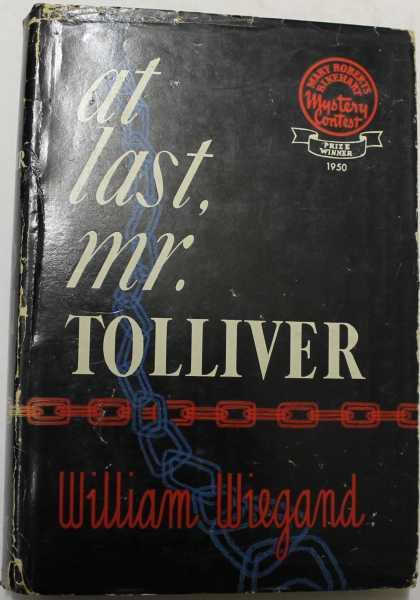



.jpg)





